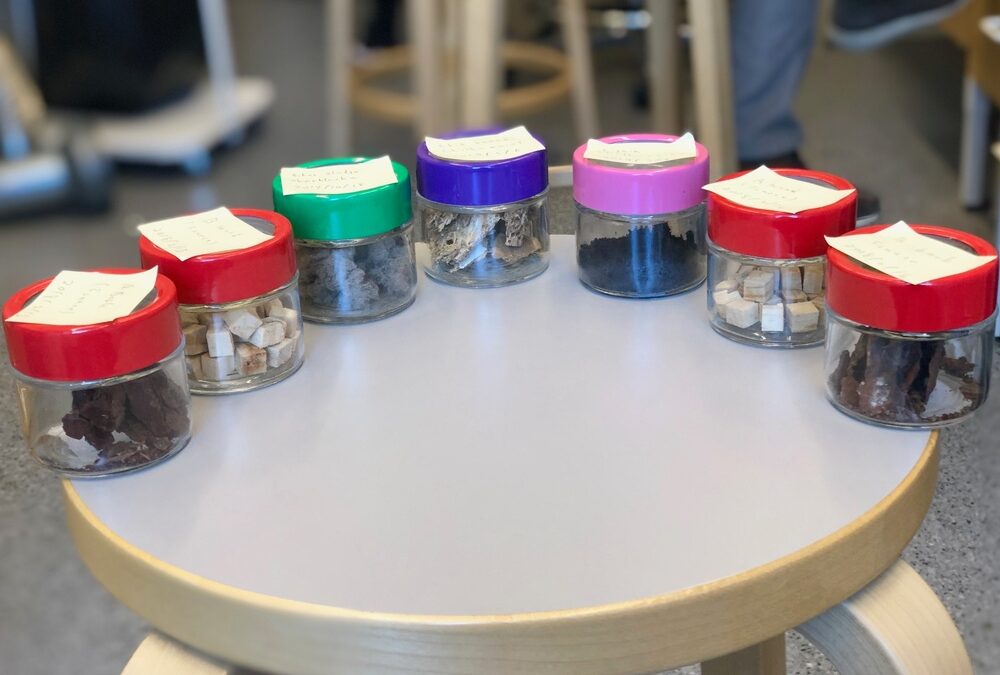As Cortus announced earlier, we have received an order from the Norwegian company Float Production AS. The order refers to the first stage of Cortus fuel test program.
Cortus fuel test program is divided into two parts:
- Fuel test in lab scale
- Fuel test in pilot scale
Lab scale testing is just treating a small amount of fuel, and the tests are performed in an instrument which has a very sensitive scale. The instrument measures loss of weight according to temperature, and Cortus has developed a special program that simulates our technology. During these tests a fuel is qualified/disqualified according to ash melting temperature, behavior during pyrolysis and behavior during gasification. It also gives some indications on operation parameters.
Pilot scale testing is treating about 20 tons of fuel, and the tests are performed at our pilot plant in Köping. These tests are actually full-scale tests with all steps in our process included. After a completed pilot scale test all parameters for a commercial plant is set.
The fuel test/s are necessary for all new businesses, and lab scale testing can be enough many times. However, pilot scale testing might be necessary if it is a completely new fuel for Cortus. For example, to see transport behavior in screws, from wet biomass to pulverized char. To find out more about our fuel test program please read our published report http://www.sgc.se/ckfinder/userfiles/files/SGC293.pdf.
For the Norwegian company, Float Production, we are going to test residuals products from fish farming. Being able to take advantage of the residues coming the landbased fast-growing fish farming sector is just another example of how we show potential to use waste to produce green fuels. The green fuel in this case is biomethanol, a sector with great potential for Cortus. Biomethanol is a liquid fuel that is used, among other things, as ship fuel (in internal combustion engines) and in fuel cells. Fuel cells convert biomethanol and oxygen (from air) to electricity and heat. Electric vehicles with fuel cells (FCEV) are powered by hydrogen or methanol and eliminate the electric vehicle’s weaknesses: short range and slow charging.
Click on the link to read the original press release (in Swedish), https://tools.eurolandir.com/tools/Pressreleases/GetPressRelease/?ID=3776635&lang=en-GB&companycode=s-cteh&v=redesign


Senaste kommentarer